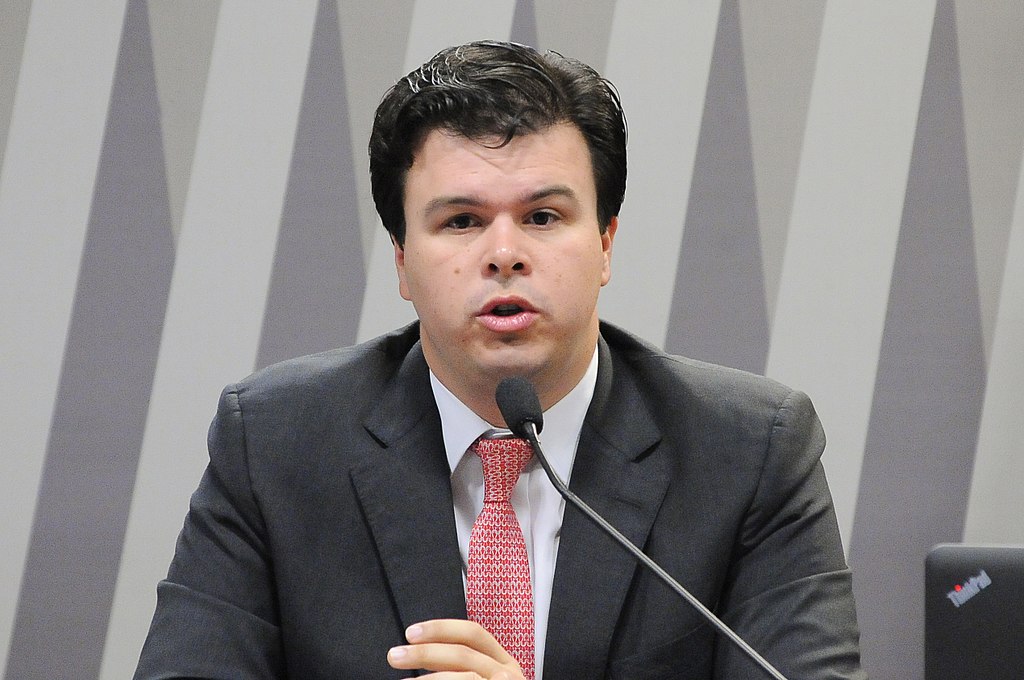Brazil’s Minister of Energy and Mines, Fernando Coelho Filho, will meet on January 16 with the representatives of a consortium that is planning to build what would be Brazil’s and Latin America’s first vertically integrated PV module factory.
According to a press release from the project’s developers, Brazilian-Paraguayan power company, ITAIPU and the industry association of the Brazilian state of Paraná FIEP, the feasibility study for the factory – which would have an annual production capacity of 1.7 GW and would produce around 6,800,000 solar modules with an output of 250 W per year – was conducted by Germany’s research institutes, Fraunhofer IPA, Fraunhofer ISE, ZSW and independent consulting firm, Viridis-iq in 2015.
The project, named Green Silicon, is also being planned with the support of German industry association, Solar Cluster Baden-Württemberg, based in Stuttgart, since 2013. Manufacturing activities would cover the entire value chain, from silicon production to solar module manufacturing, and would be built partly next to a hydroelectric power plant that boasts the world’s highest annual energy production, the Itaipú Dam, which is located in Paraná close to the border with Paraguay and partly in Paraguay itself.
“During the full phase of operation of the Green Silicon project,” said Itaipú in the press release, “the expectation is to create 4,310 direct jobs, generating income in the amount of €54.8 million and value added of €113.4 million per year. The governments of Brazil and Paraguay can still benefit from tax revenues.”
Popular content
In the first phase of the project, Itaipú and FIEP will set up ingot and wafer production at an unnamed location in Paraguay. The polysilicon for the factory, the two entities said, will be imported from undisclosed international manufacturers.
The second part of the project envisages the setting up of the cell and module production in Brazil, and eventually in Paraguay.
As for the feasibility study, each of the three Germany research institutes in Baden-Württemberg has brought its respective skill-set to the project: ZSW has investigated the potential of the Brazilian and global markets and how the development of a local PV infrastructure would affect employment and value creation in the region; Fraunhofer ISE was responsible for silicon PV, the solar cell manufacturing process and advanced training; and Fraunhofer IPA, a research institute for production engineering and automation, has analyzed the supply chain infrastructure, economic feasibility and environmental sustainability of the proposed project.
This content is protected by copyright and may not be reused. If you want to cooperate with us and would like to reuse some of our content, please contact: editors@pv-magazine.com.



1 comment
By submitting this form you agree to pv magazine using your data for the purposes of publishing your comment.
Your personal data will only be disclosed or otherwise transmitted to third parties for the purposes of spam filtering or if this is necessary for technical maintenance of the website. Any other transfer to third parties will not take place unless this is justified on the basis of applicable data protection regulations or if pv magazine is legally obliged to do so.
You may revoke this consent at any time with effect for the future, in which case your personal data will be deleted immediately. Otherwise, your data will be deleted if pv magazine has processed your request or the purpose of data storage is fulfilled.
Further information on data privacy can be found in our Data Protection Policy.